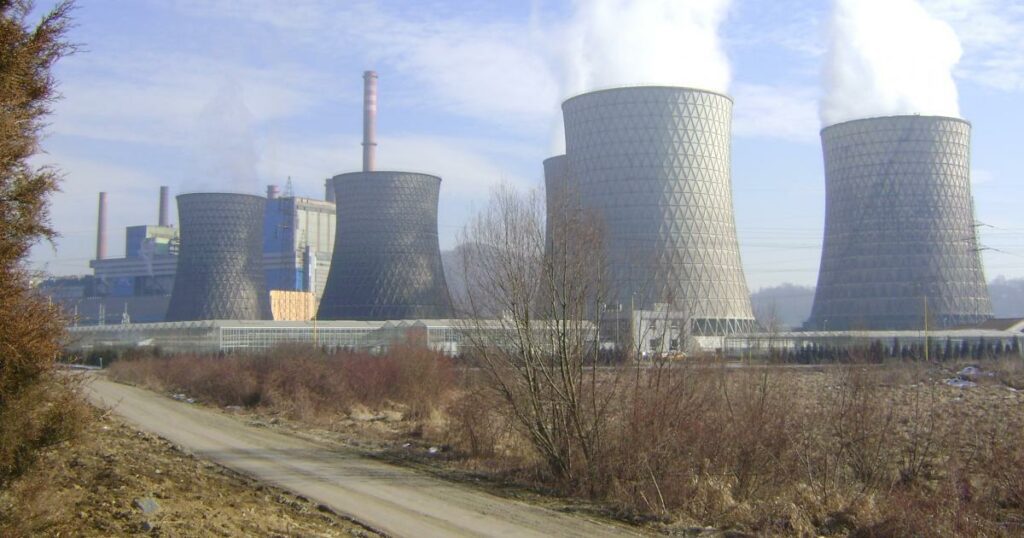‘Stranded assets’
Bosnia and Herzegovina is already producing enough energy for its needs. In 2015, Bankwatch, the University of Groningen, and The Advisory House investigated what would happen if Balkan countries actually built all the planned centres for electricity production. They calculated that the region would export 56% of the electricity.
Pippa Gallop from Bankwatch, an international NGO specialising in monitoring public finance institutions, noted: “It is obvious that a country with 3.8 million people does not need that many power plants, especially with the existing hydropower plants and the new coal power plant that just started working in 2016.
“There is a very big risk that these new projects might become ‘stranded assets’. If the electrical energy is not cheap enough, nobody will buy it.”
In 2014, the multinational electricity company Enel announced that 23 Italian coal and gas power stations, with a combined capacity of 13GW, are to be scrapped within five years. For comparison, coal power plants from the Western Balkans have a combined production capacity of 8.3GW.
Gallop continued: “As far as cost-effectiveness is concerned, there is very little information publicly available. We have some information for the Kostolac B3 plant in Serbia, and Gacko II in Bosnia and it is unlikely that they will be profitable.
“For an example, they did not account for the costs of CO2 emissions that will have to be paid in the future, and also the calculations are based on the overestimated price of electricity.”
EU directives
Gallop argues that “the Balkans offer a gateway to Europe”.
The majority of these projects don’t comply with EU pollution control standards, and environmental impact studies are of a low quality. As the EU is not offering the Balkans quick access to the Union, encouraging them to comply with standards is a difficult task.
Gallop stressed that while the EU focusses on regional issues such as Kosovo and migration, it has a long way to go in other sectors:
“All the Western Balkan countries have signed the Energy Community Treaty, which obliged them to follow EU directives on energy and environment. The Energy Community Secretariat in Vienna is really trying to assure that the laws are followed but they don’t always have the support from European Commission.
“The EU must offer concrete advantages for these countries if they follow EU directives, either through the increase of EU funds available to them or through mutual cooperation mechanisms.
“They should also be much more strict about corruption and judiciary system functioning and adjust funds accordingly.”
Local action
Despite Chinese funding and European passivity, Žiško looked closer to home: “We should stop blaming others for our mistakes. Nobody is making our politicians build coal power plants, or hydropower plants on every stream in Bosnia and Herzegovina”
He argued that it is local politicians who make these decisions: “The only question is how much they profit from it.”
This Author
Marina Kelava is an environmental journalist based in Zagreb, Croatia.
Source link : https://theecologist.org/2018/jul/24/china-expands-coal-power-interests-bosnia-and-herzegovina
Author :
Publish date : 2018-07-24 03:00:00
Copyright for syndicated content belongs to the linked Source.
